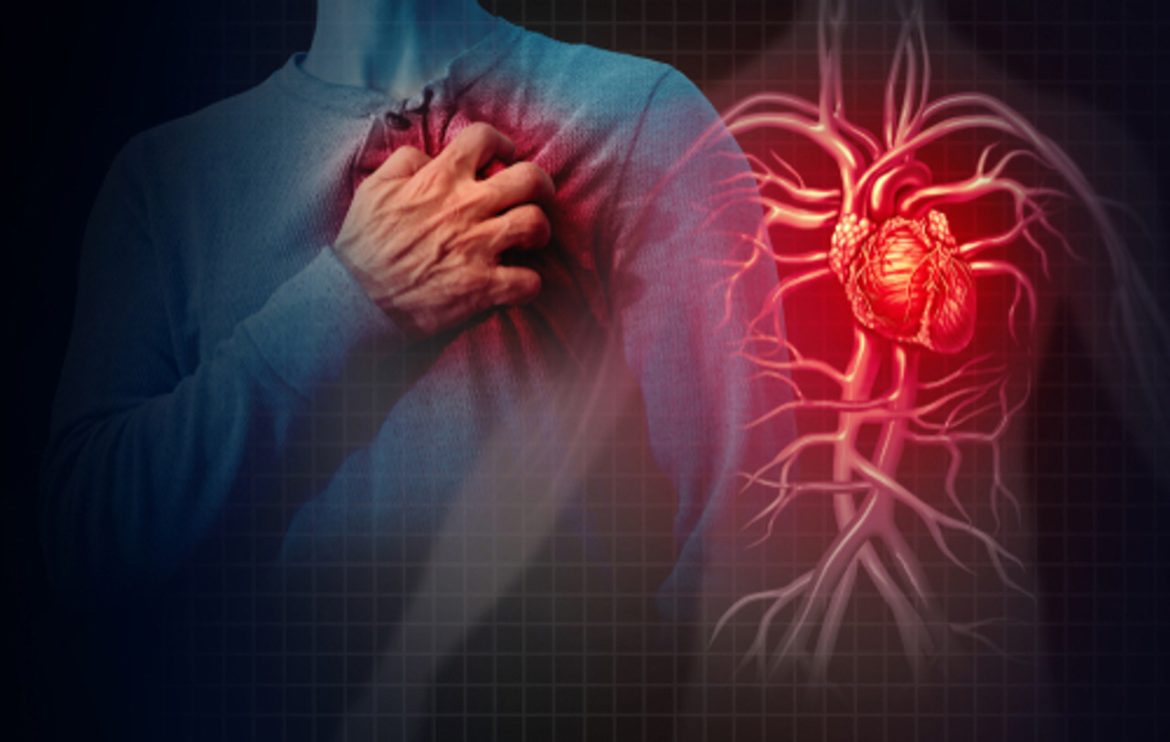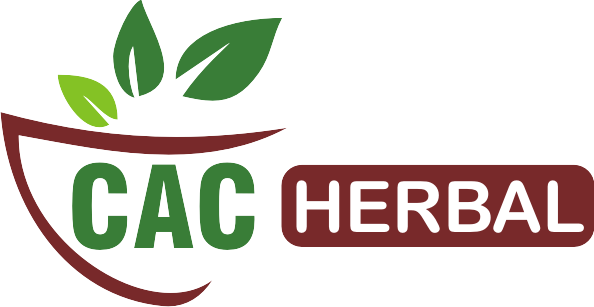
ANGINA PECTORIS
- 12 Jul, 2023
- Posted by admin
- 0 Comment(s)
INTRODUCTION
Angina is a type of chest pain that occurs when blood flow to the heart is reduced. Angina pain is characterized by a feeling of squeezing, pressure, heaviness, tightness, and pain in the chest. Angina is also called angina pectoris or ischemic chest pain. Angina is a symptom of coronary artery disease.
The pain caused in this heart disease occurs repeatedly and it is an emergency problem, in which case the doctor should be consulted as soon as possible. Once you have had angina, there is a possibility of it happening again and again. Not only this, its many types make it even more serious.
HOW MANY TYPES OF ANGINA
There are mainly four types of angina, which are described below. The types of heart disease depend on the cause.
- Stable Angina – Stable angina is the most common form of angina. It usually occurs during activity and goes away with rest or angina medication. Stable angina pain is predictable and is usually similar to previous episodes of chest pain. Chest pain usually lasts a short time. The pain may last longer if the condition is severe, but this is a rare occurrence during the course of the condition.
- Unstable Angina (A Medical Emergency) – Unstable angina is unpredictable and occurs at rest. In this type of angina, the pain gets worse even when you are not doing any physical activity that causes the pain. It is usually severe and lasts longer than stable angina, perhaps 20 minutes or longer. This type of pain does not go away with rest and taking common angina medicines. If blood flow does not improve, the heart becomes deficient in oxygen and a heart attack occurs. Unstable angina is dangerous and requires emergency treatment.
- Variant Angina (Prinzmetal Angina) – Variant angina, also known as Prinzmetal angina, is not due to coronary artery disease. It is caused by a spasm in the arteries of the heart that temporarily reduces blood flow. Severe chest pain is the main symptom of variant angina. It often occurs in cycles, usually with long periods of rest (sleep or overnight) and pain can be relieved by taking angina medication.
WHAT ARE THE SYMPTOMS OF ANGINA
- Feeling of squeezing problem
- Feeling pressured
- Stiffness in the chest
- Chest feeling tight
- Burning or aching pain in the chest, usually starting behind the breastbone
- Feeling of pain in the neck and throat
- Pain in arms and shoulders
- Pain in the upper part of the back
- Persistent pain in the jaw
- Spreading pain in the teeth
- Apart from the symptoms mentioned above, the following other possible symptoms may also appear:-
- Sour belching
- Burning sensation in the stomach
- Feeling weak
- Persistent sweating
- Having a problem with nausea
- Cramping
- Difficulty in breathing
REASONS BEHIND ANGINA PECTORIS
Angina is usually caused by heart disease. Plaque, a fatty substance, accumulates in the arteries, obstructing the blood supply to the heart muscle. As a result, your heart must work with very little oxygen. This causes restlessness. Blood clots can form in the arteries of your heart, which can lead to a heart attack. The following are some of the less common causes of chest pain:
- Blockage in a major artery leading to the respiratory system (pulmonary embolism)
- A heart that is enlarged or thickened (hypertrophic cardiomyopathy)
- Narrowing of a valve in the main chamber of your heart (aortic stenosis)
- When the sac of the whole heart becomes inflamed (pericarditis)
- Tears in the wall of the aorta, the largest artery in the body (aortic dissection)
RISK FACTORS FOR ANGINA
Due to the accumulation of fat in the inner surface of the coronary arteries, sometimes they start getting smaller inside. The narrowing (shrinking) of the arteries is called atherosclerosis. There are many different factors that can lead to the accumulation of fatty deposits in the arteries, including:
- Unhealthy diet
- Obesity
- To smoke
- Sedentary lifestyle
- Increase cholesterol
- Uncontrolled diabetes mellitus
- Growing old
- Men are more prone to coronary artery disease than women
- Genetic factors or family history
- Postmenopausal women
- Mental illness
MODERN MEDICINES TREATMENT FOR ANGINA
Medicines to treat angina
- Giving nitrate medications to treat angina and prevent it from recurring
- Giving the drugs nitroglycerin, aspirin, and clopidrogel to prevent blood clots and improve blood flow.
- Beta blocker medicines to slow down the fast heartbeat and help the heart function normally
- Giving the drugs Rosuvastatin and atorvastatin to lower cholesterol and atherosclerosis in the arteries
Surgery to treat angina
- Angioplasty – Angioplasty is the most common surgical procedure to open clogged arteries. In this, the blocked artery is opened using a device called a stent.
- Bypass surgery – During this surgical procedure, a piece of healthy blood vessel is taken out from the leg, which is called a graft. Apart from this, a piece of blood vessel can also be removed from the forearm or chest and with its help the affected artery is bypassed.
HOW AYURVEDA HELP TO OVERCOME ANGINA PAIN
Coronary artery Blockage is caused due to Medo Vruddi in the blood that may accumulate in the coronary artery vessels. And, will eventually cause ischemia in the heart muscles i.e. craving of the oxygen supply to the heart muscles. That may produce the symptom like irregular heart rhythm, shortness of the breath, angina. After that, it may lead to thrombus formation and can cause myocardial infarction. There are various ayurvedic herbs which help to release angina pain.
1. Active Plus Tablet
CAC active plus Tablet is a pure herbo-mineral formulation prepared from best quality of herbs. This tablet is best for person mental and physical health also helps to boost up the immunity. The herbal ingredients present in these tablets are used to maintain person’s health and refreshes the mind and body. These tablets improves digestion, eliminates constipation, stress, nourishes brain, acts as antioxidant, analgesic, anti-inflammatory, etc.
Recommended Dosage -Take 1 tablet twice daily with normal water
2. Noni Capsule
Noni capsule contains standardized extract of herb Noni (Morinda citrifolia) that is good for overall health of heart. These capsule deals with the blocked arteries of the heart. The formation of plaque is overcome with the use of these herbal capsules.
Recommended Dosage – Take 1 capsule twice daily with normal water
3. Nerve Up Tablet
CAC Nerve up tablet is a herbo-mineral tablet and is purely ayurvedic formulation. CAC Nerve up tablets help in balancing the vata doshas. It reduces kapha dosha, and acts as nervine stimulant. It shows effective results in improving the central nervous system. It contains natural ingredients like shudha kuchala, shudha shilajeet, praval pishti, shankh bhasma etc. These contain natural vatahar properties and helps in curing vata diseases.
Recommended Dosage – Take 1 tablet twice daily with normal water
4. Kapha Balance Tablet
CAC Kapha tablet is a healthy blend of herbs formulated to imbalance. It is very effective in Kapha season that is late winter and spring. It consists of warming and astringent herbs that help to balance the system throughout the cold season. The main use balance Kapha doshas without aggravating Pitta and Vata doshas. It can also be used to alleviate any temporary Kapha of Kapha tablets is to remove excess Kapha doshas from the system and helps in the management of weight, healthy lungs, and the immune system.
Recommended Dosage – Take 1 tablet twice daily with normal water
